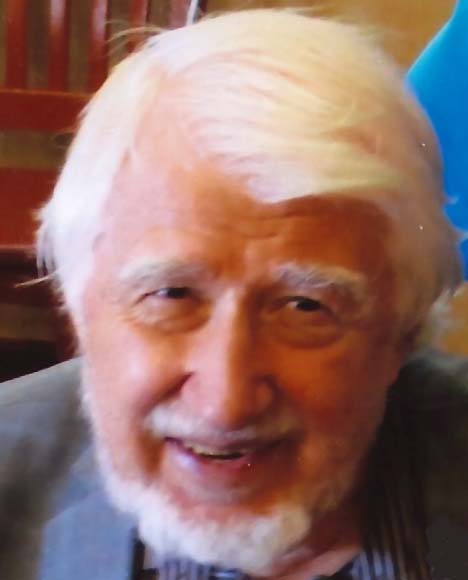|
|
|
|
|
|
|
|
|
DUALISM AND REDUCTIONISM:
THE ELEPHANT IN THE PSYCH LAB AND CLINIC
|
|
|
Rue L. Cromwell
|
|
|
University of Kansas, USA |
|
|
|
|
|
|
Abstract
About one-half
century following turmoil in physics, a similar dispute occurred in psychology
over what concepts are acceptable. In all disciplines concepts should be measurable in an
objective time and space. Their usefulness depended upon how well they
portended or explained future events. Logical errors of dualism occurred whenever
events metaphysical, i.e., unobservable, were linked by cause to events observable.
Logical errors of reductionism occurred when events described with molecular
constructs were seen as basic to or causing events described in more molar terms.
Psychology is different
from the other disciplines of science in that it not only has a specialized
reporting language as part of the scientific end product but also the full
spectrum of language as part of the initial subject matter. Psychology is the
same as the other disciplines of science in that the investigators have a
fraction of their observation where they can reach consensual agreement with fellow
observers and a portion that is privy only to themselves as individuals. This
portion of each person’s private experience cannot be breeched. If an observer
attempts to share with another his or her private world, it immediately becomes
verbal report. That portion not shared from the other may be correctly guessed,
fraudulently guessed, or remaining unknown. From these fractions come the majority
of logical errors in science.
|
|
|
|
|
|
|
|
About the author
|
|
|
 Rue L.
Cromwell began training in psychology at Indiana
University. As assistant to W. N. Kellogg
he aided in surgery or anesthesiology as classical conditioning was
attempted on the surface of dogs’ brains. The Korean War began as he graduated
and entered the Air Force as a second lieutenant. A national crisis was announced
when understaffed VA hospitals were overfilling with aging neuropsychiatric
casualties of World War II. Rue L.
Cromwell began training in psychology at Indiana
University. As assistant to W. N. Kellogg
he aided in surgery or anesthesiology as classical conditioning was
attempted on the surface of dogs’ brains. The Korean War began as he graduated
and entered the Air Force as a second lieutenant. A national crisis was announced
when understaffed VA hospitals were overfilling with aging neuropsychiatric
casualties of World War II.
Cromwell was called from the military into graduate
training at The Ohio State University. Master’s degree was completed with George A. Kelly and Ph.D. with Julian B. Rotter. Hospital internship
was completed at Chillicothe VA Hospital, and psychotherapy internship was
completed at Columbus (Ohio) VA Mental Health Clinic. He then worked as a child
clinical psychologist at the Ohio Bureau of Juvenile Research, founded by Henry
Goddard. Returning to graduate school he became Assistant Instructor and Clinic
Coordinator of the Ohio Psychological Clinic. He administered the Clinic, did
intake on all the admissions, and prepared the cases for Professor Kelly’s rotation
as practicum supervisor.
After PhD Cromwell accepted an assistant
professorship at Peabody College in a special NMH program to train
psychologists with research skills in mental retardation. Eventually this
position merged with becoming Professor and Director of Research in Psychiatry
and the Vanderbilt University School of Medicine. He then left Nashville to
become Chief, Division of Psychology, Lafayette Clinic, Detroit. Then he became
Professor of Psychiatry, Pediatrics, and Psychology at the University of Rochester
School of Medicine and Dentistry. In this position he was director of the
longitudinal study of offspring of parents with schizophrenia. Finally, he became
the M. Erik Wright Distinguished Professor of Clinical Psychology at the
University of Kansas. Retirement came with the collapse of the World Trade
Center in New York, and he found time to write.
Contact: cromwell@ku.edu
|
|
|
|
|
|
Cromwell, R. L. Dualism and reductionism: The elephant in the Psych Lab and Clinic. .
Personal
Construct Theory & Practice, 14 (Suppl. No 1), 158-171, 2017
(Retrieved from http://www.pcp-net.org/journal/pctp17/cromwell17.pdf)
|
|
|
|
|
|